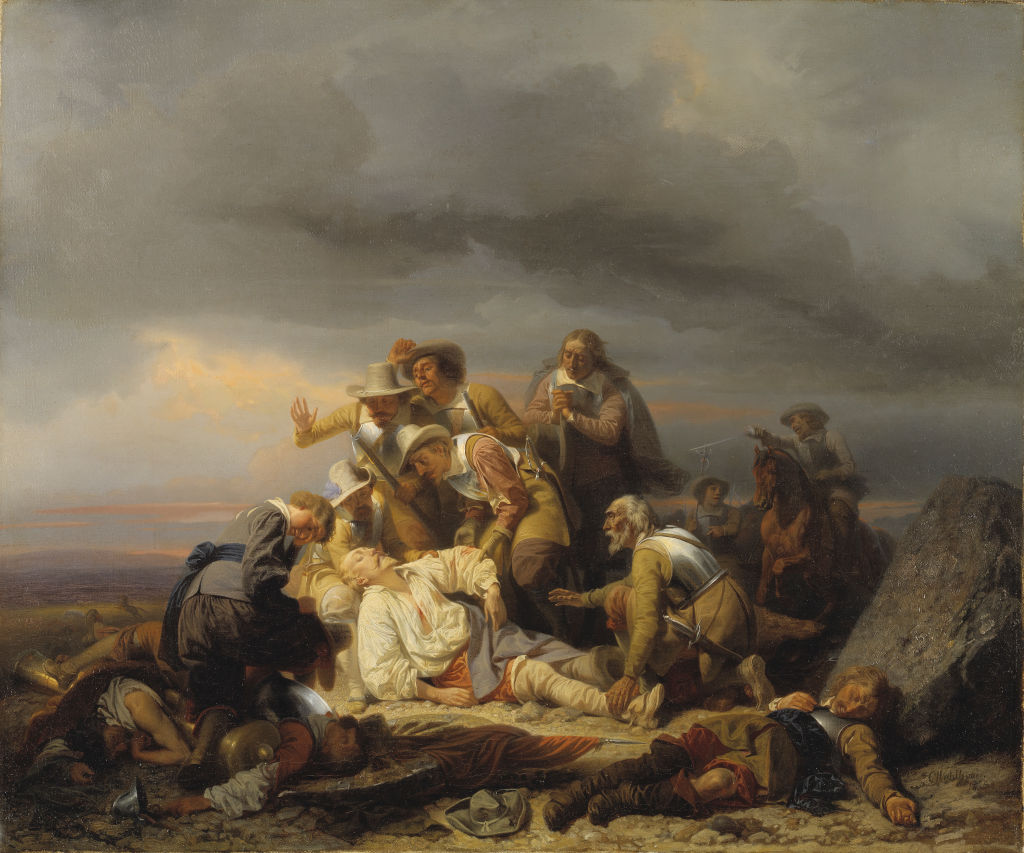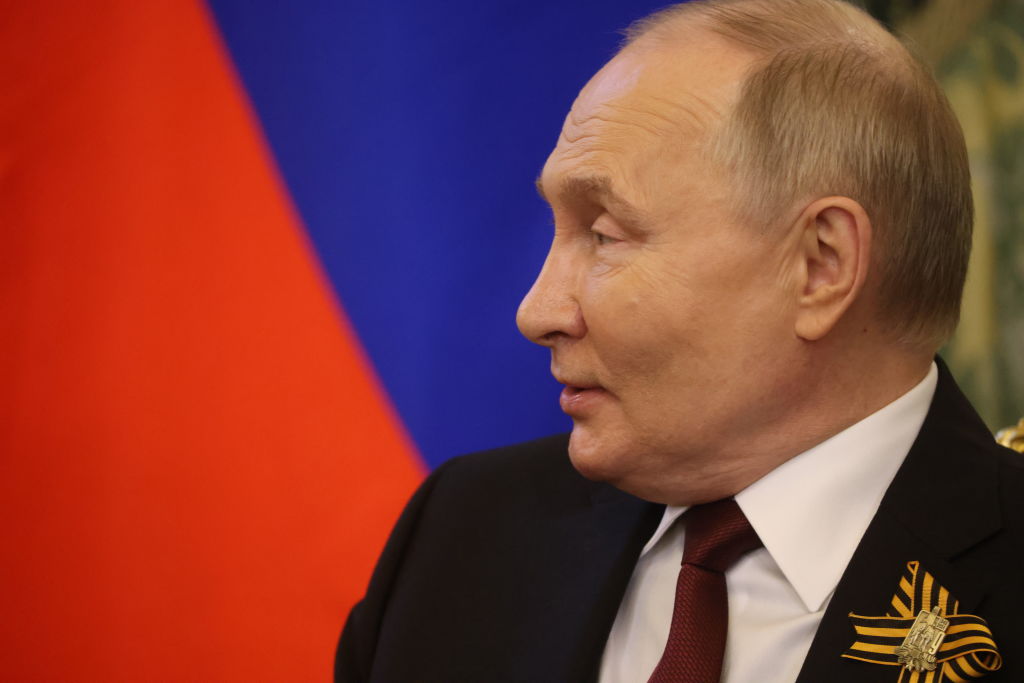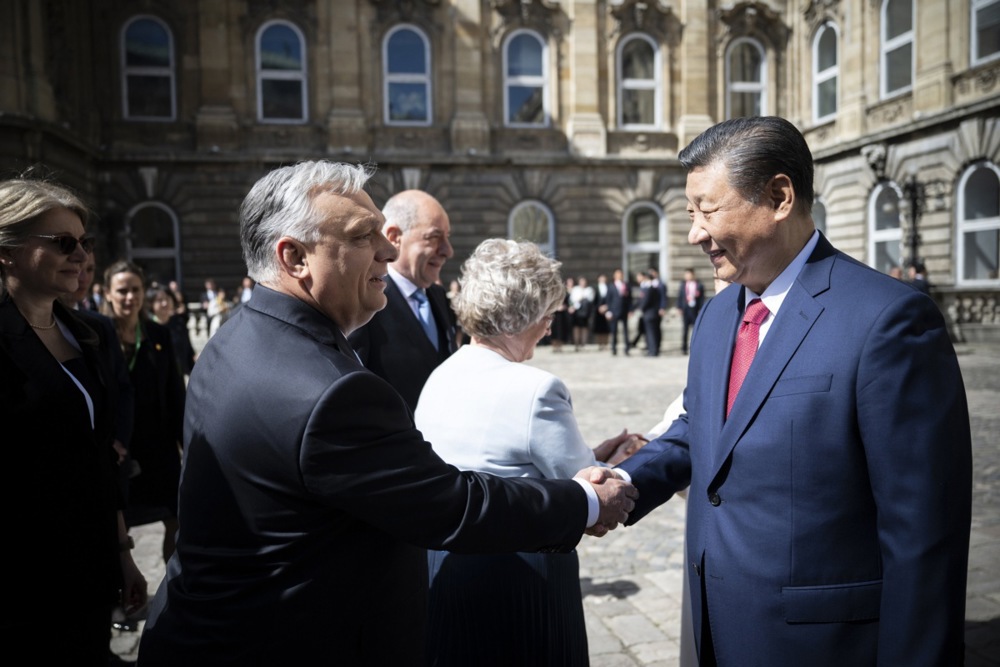As voters across the EU head for the polling stations in the coming days to elect their MEPs, it is issues to do with their daily life experience that will likely be uppermost in their minds. As the old adage goes, all politics is local. Most people tend to care about their wages, taxes, the state of their local schools and hospitals, local crime and corruption, their energy bills, the price of milk in the shop, and the make-up of their local communities, before they tune in to more sophisticated debates about particular ideologies or “national policy,” if they ever even tune in at all.
It is abundantly clear that Europe is beset with problems at every policy level, from immigration to “energy transition,” from innovation to security, from agriculture to social policy and so on – not to mention the political dysfunction, corruption and democratic deficit that characterises the Brussels institutions themselves.
But all these things, certainly in the way they are usually discussed (even obsessed over) by political hacks and policy professionals, often appear too abstract to the only person that counts on polling day: the average voter.
There is one important exception. The “culture wars” of our times – fought over questions of free speech, national and “gender” identity, “values,” the role of religion in public life, and even the meaning of History itself – can bridge this local/simple vs national/complex divide in the wider public’s mind.
On the one hand, only a relatively small – though loud – segment of the population is ever directly affected by these issues, e.g. by being fined or “cancelled” for “hate speech” or finding themselves in a “sexual minority” (or even racial minority) and feeling “oppressed” as a result.
On the other hand, cultural/social concerns are more easily disseminated as they speak more directly to people’s emotions and intuitive sense of right and wrong. If packaged and channelled effectively, they can become a potent political weapon, for better or worse.
But, in the end, politics is local and generally voters tend to prioritise their immediate, personal interests over more abstract questions. International affairs and global strategy will therefore hardly register as vote drivers for them.
All this leaves us with an important – and, in the long term, perhaps fatal – blind spot in this continent-wide “democratic” exercise.
No one is really campaigning, in this election, on what is arguably the most critical question for Europe’s future at this point in time: how to maintain or indeed restore its role and standing in the world.
It is, of course, a difficult intellectual problem, a matter of statecraft and vision – and therefore hard for politicians to tackle even if they tried. But there is no incentive to do any of that: there are no votes in grand strategy.
Quite clearly, the European Parliament election will turn on hot-button issues like immigration, the future of the Green Deal, LGBT rights, or sovereignty.
Only some parties, like AfD or Fidesz, are also placing a stronger emphasis on the war and peace question, in relation to Ukraine. Though crucially important in real terms from a policy perspective, Ukraine is not going to swing the vote, however – not least because support for Kyiv is still a popular proposition among Europeans.
“You may not be interested in war, but war is interested in you,” Trotsky is alleged to have said. In a similar way the higher questions of European statecraft, which have little pull with voters in a general election campaign, are in fact of decisive significance for their lives – particularly at this juncture in world affairs.
Why? Because everything that makes Europe (still) the world’s richest free region with the highest standards of living and the most sophisticated culture is downstream from geopolitical influence and hard power (or more precisely, its afterglow). This is the fundamental reality of Europe’s situation and the imperative of its destiny.
Very often, politicians as well as the wider public have it backwards.
They believe or hope that sorting out the open borders, the lack of competitiveness or the decaying European industrial base – i.e. the policy issues – are “all” that matters, and that everything else will fall into place. Europe’s power and influence on the world stage, its strategic posture, will just automatically follow this presumed ascendant curve once the “opposition” (particularly the right-wing challenger parties) drain the Brussels swamp and put the house in order.
But the world doesn’t wait for you to implement your reforms, even if you do get in a position to attempt it.
The link between foreign and domestic policy, especially at the scale of a multinational bloc like the EU, has been increasingly strong and consequential in the era of globalisation.
It works both ways.
External shocks – a war nearby, or a trade war with a big faraway country – can wreak havoc through the region’s economic model. Conversely, strategy and statecraft, applied with skill by leaders of genuine political ability and sound principles, can go a long way to shape Europe’s external relations and environment to its advantage, and to compensate internal weaknesses.
None of this is remotely being discussed today by either side. The incumbent Brussels establishment – parties like Renew, EPP, Greens or SDP – are already heavily invested in the status quo “rules-based international order” perspective on Europe’s role in the world.
They have no desire and no capacity to think outside this outdated box. And they are prisoners of their own self-declared “values” whence they derive their legitimacy, but which were designed for an era that is now well and truly gone.
On the other side, the motley right-wing “opposition” are constrained by their political situation as challengers and underdogs to devote the overwhelming share of their attention to the domestic political game. They have to prioritise the culture wars, the Green Deal and so on – the divisive issues where they can apply populist techniques in order to mobilise their voters.
So they do not tend to have well developed concepts for dealing with Europe’s external challenges. Many of them have also not actually been in government, so they lack the skills and experience within their ranks to project an image – let alone substance – on questions of statecraft.
On this vitally important aspect of what should be their political offering – international and defence policy – it is not quite clear what we would be getting, either in terms of ideas or competency.
The serious questions that have national security implications are no trivial matter. It is hard to hand over the keys to these essential and sensitive areas of policy to parties which have not built up a credible cadre of experts and comprehensive policy positions to be able to handle them.
Of course, this will probably not matter that much either way at this election, but it is something to be taken into account for the future. People might not consciously give much attention to these things in general, but the “mood music” around a party’s credentials when it comes to questions of statecraft and national security can make a difference in a tighter race.
Perhaps next time.
Gabriel Elefteriu is deputy director at the Council on Geostrategy in London and a fellow at Yorktown Institute in Washington, D.C.






Insufficient destruction is why no one wins wars anymore